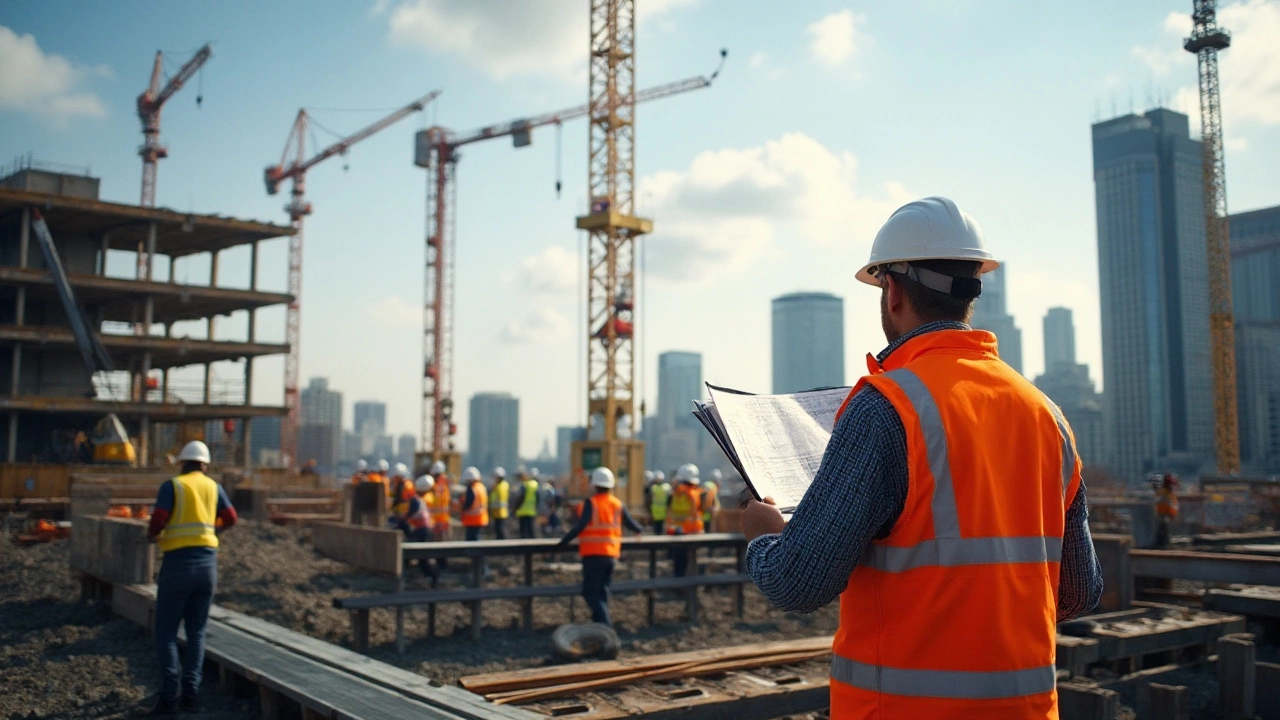Tier 1 Contractor: What It Means and Why It Matters
If you’re planning a big build – a new house, a large extension, or a commercial project – you’ll hear the term Tier 1 contractor a lot. In plain English, a Tier 1 contractor is the main company that takes full responsibility for delivering the whole project. They manage the design, the budget, the schedule, and all the subcontractors on site. Think of them as the captain of a ship who makes sure every crew member does their job and the vessel reaches the destination safely.
Why does the tier matter? The construction industry is layered like a cake. Lower tiers handle specific trades – plastering, electrical, roofing – while the Tier 1 contractor coordinates them all. This hierarchy means a Tier 1 firm has the experience, insurance, and resources to handle complex builds, solve problems quickly, and keep the project on track. Most homeowners and developers prefer a Tier 1 contractor because it reduces the risk of mis‑communication and costly delays.
Key Responsibilities of a Tier 1 Contractor
First, they create a detailed project plan. This includes drawings, timelines, and a realistic cost estimate. They also obtain all the necessary permits – a step many DIY‑builders overlook until it’s too late. Second, they hire and manage the lower‑tier subcontractors. By negotiating contracts and supervising daily work, they keep quality high and avoid shortcuts.
Third, they monitor health and safety on site. In the UK, strict regulations require a competent person to ensure everyone follows safe practices. A Tier 1 contractor usually has a dedicated safety officer, which protects both workers and the homeowner. Finally, they handle any changes that pop up. If you decide to add a skylight halfway through, the Tier 1 contractor adjusts the schedule and budget, making sure the change doesn’t ripple into bigger problems.
How to Pick the Right Tier 1 Contractor for Your Project
Start with research. Look for firms that specialize in the type of build you need – residential extensions, new builds, or commercial spaces. A quick glance at their portfolio tells you if their style matches your vision.
Next, check credentials. In the UK, a reputable Tier 1 contractor will have CSCS cards, appropriate insurance, and memberships with bodies like the Federation of Master Builders. Don’t be shy about asking for proof; a solid contractor welcomes it.
Ask for references. Talk to previous clients about timelines, budget accuracy, and site professionalism. A contractor who can provide several recent references is usually delivering consistent results.
Finally, compare quotes but focus on value, not just price. The lowest bid might cut corners on materials or safety, leading to higher costs later. Ask each contractor how they handle unexpected issues and what their communication process looks like. Good communication means you’ll hear about delays or changes straight away, not after they’ve become big problems.
Choosing a Tier 1 contractor is a big decision, but it doesn’t have to be stressful. By understanding their role, checking their track record, and asking the right questions, you set yourself up for a smoother build and a finished project you can be proud of.

